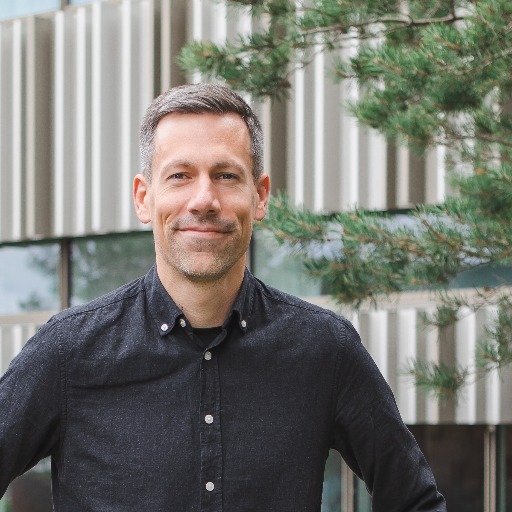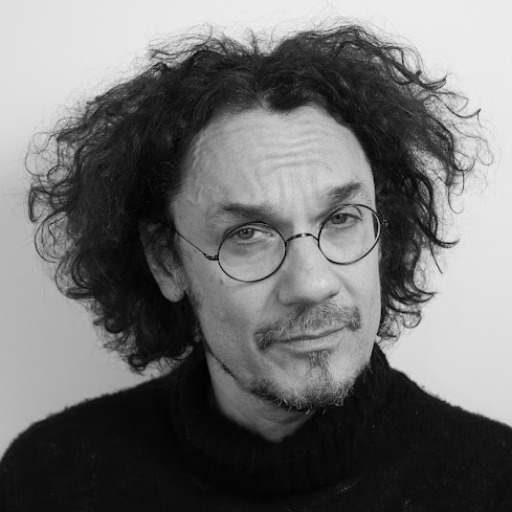AI experts from around the world head to Malmö

Researchers, industry experts and other AI professionals are coming to Malmö to discuss how AI-human collaborations can create intelligent systems with humans at the centre.
“It's not about how AI will replace us – a fear that exists among many in society – but about how we should create intelligent systems that promote human strengths, compensate for any weaknesses, and take into account social, ethical and legal challenges,” says Fabian Lorig, co-organiser of the conference and a researcher at Malmö University.
We are proud of this opportunity, which is proof that others consider the AI competence at Malmö University to be of a high standard.
Jason Tucker
HHAI24 (Hybrid Human-Artificial Intelligence) is organised by the University, in collaboration with Umeå University, and has the theme, ‘Hybrid Human AI-systems for the social good’. The list of participants includes researchers from Europe, USA, South America, Asia, and Africa. This is the third time the conference, set to take place on 10-14 June, has been held.
“We are proud of this opportunity, which is proof that others consider the AI competence at Malmö University to be of a high standard. What is particularly exciting is that it is such a highly topical subject, and that we are addressing contemporaneous concerns in this field of AI research,” says Jason Tucker, co-organiser and researcher at Malmö University.
According to Lorig and Tucker, the conference will be packed with guest speakers from academia and industry, presentations of research projects and results, as well as ‘discovery workshops’ – an interactive approach where people discuss various future challenges.
“It could be about how healthcare professionals can get AI-based support to diagnose and treat diseases, chatbot systems where AI answers questions and solves cases but connects a human when needed, or self-driving vehicles that can return control to the driver in certain situations,” says Lorig.
Two of the stand-out speakers are Virgina Dignum, a professor of responsible artificial Intelligence at Umeå University, and Anastasia Varava, who leads a technological innovation studio at the Swedish bank, SEB.
The conference is organised and funded by the Humane AI Net (a European network of research centres), and the Hybrid Intelligence Centre (Amsterdam). Funding has been provided by The Wallenberg AI, Autonomous Systems and Software Program - Humanity and Society (WASP-HS), and the AI Policy Lab (Umeå University).

